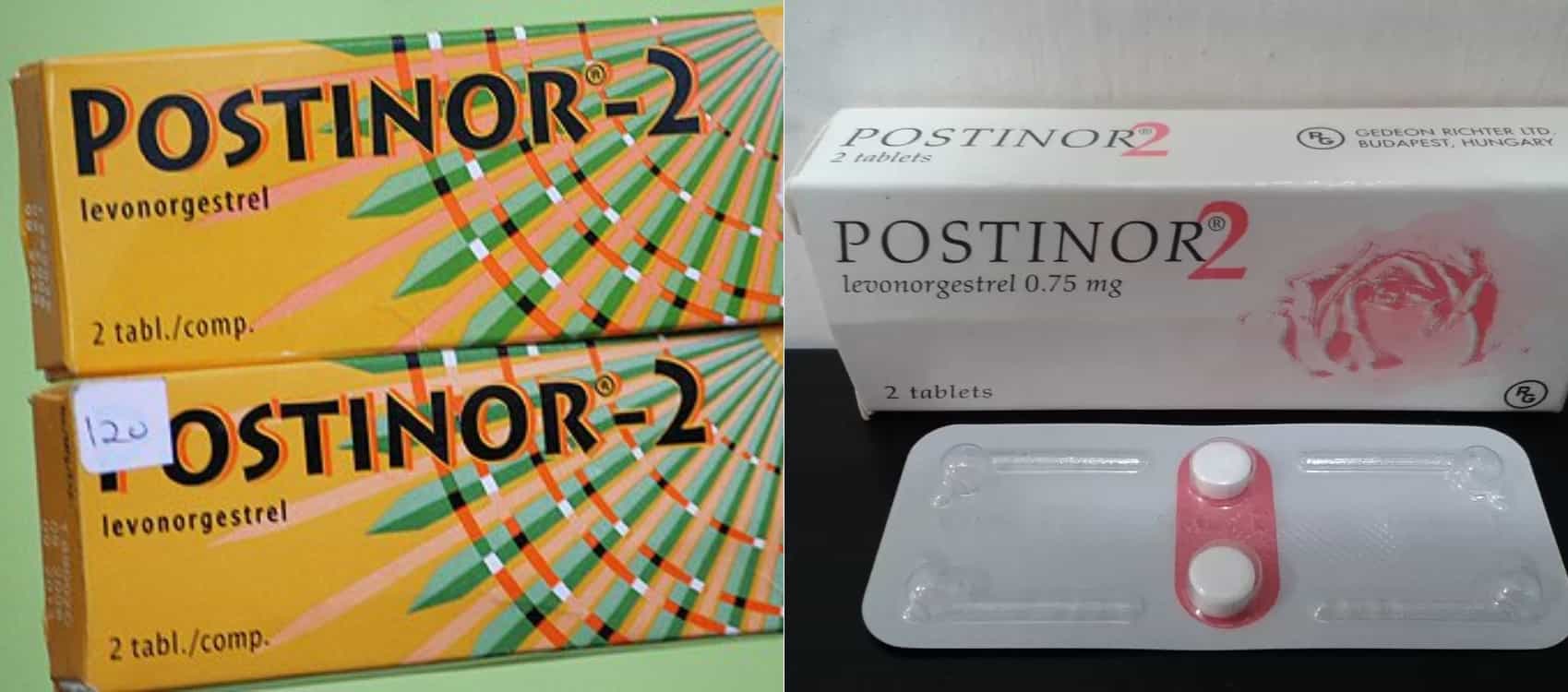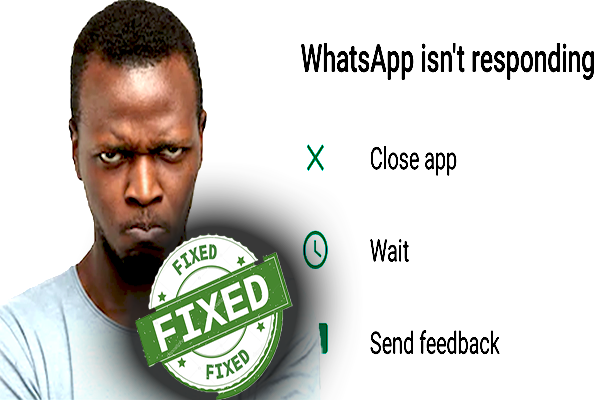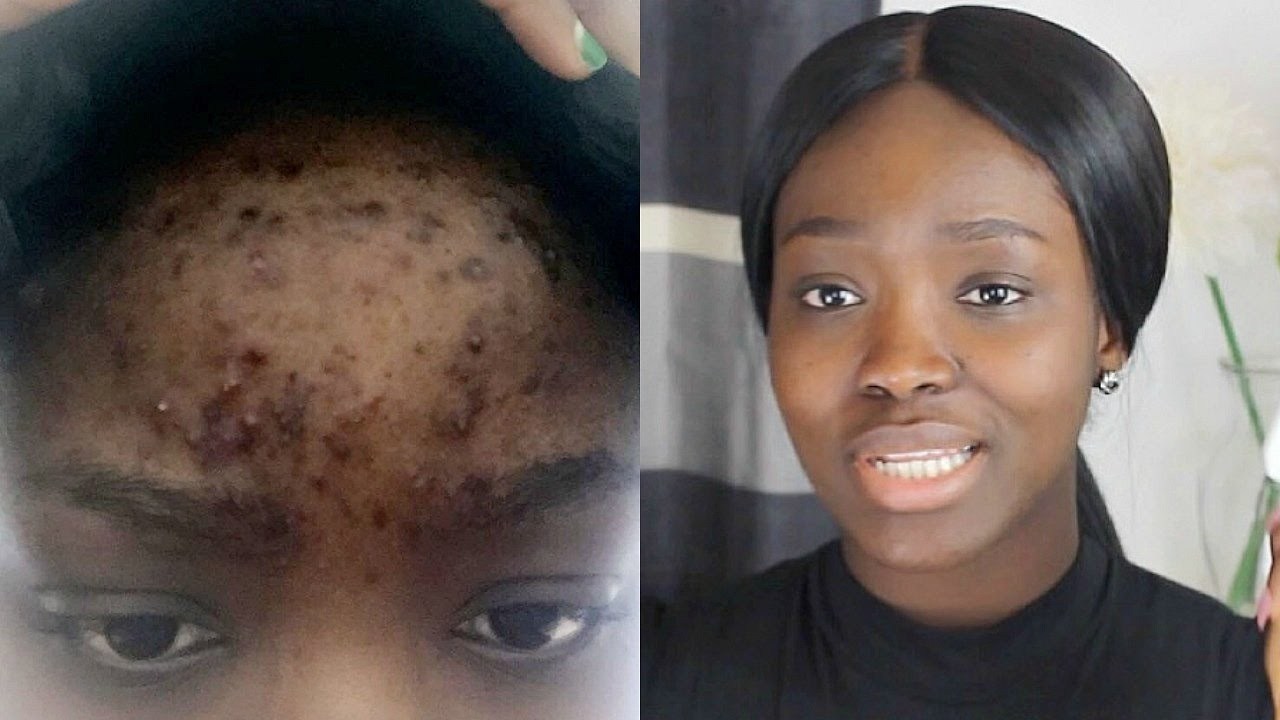 Emergency contraception is a safe way to prevent pregnancy after unprotected sex. There are a few types of emergency contraception, and some work better than others.
Emergency contraception is a safe way to prevent pregnancy after unprotected sex. There are a few types of emergency contraception, and some work better than others.
What kinds of emergency contraception are there?
There are 2 ways to prevent pregnancy after you have unprotected sex:
Option 1: Get a Paragard IUD within 120 hours (5 days) after having unprotected sex. This is the most effective type of emergency contraception.
Option 2: Take an emergency contraceptive pill (AKA the morning-after pill) within 120 hours (5 days) after having unprotected sex. There are 2 types of morning-after pills:
- A pill with ulipristal acetate. There’s only one brand, called ella.
- You need a prescription from a nurse or doctor to get ella emergency contraception, but you can get a fast medical consultation and prescription with next-day delivery online.
- ella is the most effective type of morning-after pill.
- You can take ella up to 120 hours (5 days) after unprotected sex, and it works just as well on day 5 as it does on day 1.
- If you’re taking EC because you made a mistake with your hormonal birth control, Plan B or the copper IUD are better options for you than ella.
- A pill with levonorgestrel. Brand names include: Plan B One Step, Take Action, My Way, AfterPill, and others.
- You can buy these morning-after pills over the counter without a prescription in most drugstores and pharmacies.
- These types of morning-after pills work best when you take them within 72 hours (3 days) after unprotected sex, but you can take them up to 5 days after. The sooner you take them, the better they work.
You can use emergency contraception to prevent pregnancy if:
- you didn’t use a condom or other birth control method when you had vaginal sex
- you messed up your regular birth control (forgot to take your birth control pills, change your patch or ring, or get your shot on time) and had vaginal sex
- your condom broke or slipped off after ejaculation (cumming)
- your partner didn’t pull out in time
- you were forced to have unprotected vaginal sex
If you use emergency contraception correctly after you have unprotected sex, it makes it much less likely that you’ll get pregnant. But don’t use it regularly as your only protection from pregnancy, because it’s not as effective as regular, non-emergency birth control methods (like the IUD, pill, or condoms).
If you have sex (or think you might have it in the future), take our quizto find the best method of birth control for you.
What kind of emergency contraception is best for me?
The best emergency contraception (EC) for you depends on a few things:
- when you had unprotected sex
- which kind of EC is easiest for you to get
- your height and weight (called your BMI)
- whether you’re breastfeeding.
- If you’ve used the pill, patch, or ring in the last 5 days
This quiz can help you figure out the best EC for you.
It’s best to use the most effective method of EC that you can. But the more effective methods, like the IUD and ella, can be harder to get. The IUD has to be put in by a nurse or doctor, and you need a prescription to get ella. You can order ella online, but it can take a day to get it in the mail — so depending on when you had unprotected sex, there may not be enough time.
Plan B is less effective than the IUD and ella, especially if you take it more than 3 days (72 hours) after sex or have a higher BMI. But Plan B and other types of levonorgestrel morning-after pills are the easiest to get. You don’t need a prescription, and anybody can buy them over the counter at drugstores, no matter your age or gender.
If you need emergency contraception because you made a mistake with your birth control pills, patch, ring, or shot, ella might not work as well as Plan B. The hormones in these birth control methods can affect how well ella works. If you have questions about the best type of emergency contraception for you, call your local Planned Parenthood health center.
Don’t use two different kinds of morning-after pills (like Plan B and ella) at the same time or within 5 days of each other, because they may counteract each other and not work at all. And don’t take more than one dose of either type of morning-after pill — it won’t give you extra protection from pregnancy, but it can make you feel sick.
If you can’t get the most effective types of emergency contraception, remember that using whichever method you can get is still better than not using anything at all. And timing is really important. In fact, many people get the morning-after pill ahead of time and keep it in their medicine cabinet, so if they need it, they can take it as soon as possible.
How long do I have to get emergency contraception?
You can get the Paragard IUD inserted or take ella up to 5 days (120 hours) after unprotected sex.
Plan B, My Way, Take Action, and other levonorgestrel morning-after pills work best when you take them quickly after unprotected sex. They’ll work best up to 3 days (72 hours) after unprotected sex. You can take these up to 5 days (120 hours) after sex, but they don’t work nearly as well by day 5.
Is the morning-after pill safe?
Emergency contraception is safe — millions of people have used different kinds of emergency contraception for more than 30 years. There have been no reports of serious complications.
How many times can I use the morning-after pill?
Taking the morning-after pill whenever you need to won’t hurt you. But it’s not a good idea to use the morning-after pill as your regular, go-to method of birth control. This is because:
- The morning-after pill doesn’t prevent pregnancy as well as other forms of birth control like the IUD, implant, pill, shot, or ring.
- Taking the morning-after pill over and over again is more expensive than being on a regular method of birth control.
- Morning-after pill side effects are temporary and harmless, but annoying (like bleeding between periods or nausea).
So it’s totally safe to take the morning-after pill as many times as you need to — it’s just not the best way to prevent unintended pregnancies long-term. Birth control that you use before or during sex (like the IUD, implant, pill, condoms, etc.) is way more effective, affordable and convenient.
Don’t use two different kinds of morning-after pills (like Plan B and ella) at the same time or within 5 days of each other, because they may counteract each other and not work at all. And don’t take more than one dose of either type of morning-after pill — it won’t give you extra protection from pregnancy, but it can make you feel sick.
One of the most convenient things about getting a Paragard IUD as emergency contraception is that it keeps giving you SUPER effective birth control for up to 12 years (or until you want it taken out). So once you get an IUD, you won’t have to worry about emergency contraception again until you stop using the IUD.
How does emergency contraception work?
Pregnancy doesn’t happen right after you have sex — that’s why it’s possible to prevent pregnancy a few days after you do it. It’s all about timing.
Sperm can live inside your body for up to 6 days after sex, waiting for an egg to show up. If you ovulate during that time, the sperm can meet up with your egg and cause pregnancy. Morning-after pills work by temporarily stopping your ovary from releasing an egg. It’s kind of like pulling the emergency brake on ovulation. Where you’re at in your menstrual cycle and how soon you take morning-after pills can affect how well they prevent pregnancy. Morning-after pills won’t work if your body has already started ovulating.
This is why timing is so important, especially if you’re using Plan B and other levonorgestrel morning-after pills. (ella works closer to the time of ovulation than levonorgestrel morning-after pills like Plan B.) Most people don’t know exactly when they ovulate, so it’s best to use emergency contraception as soon as possible — no matter where you are in your menstrual cycle or whether or not you think you’re about to ovulate.
The Paragard IUD prevents pregnancy for up to 5 days after unprotected sex because sperm doesn’t like copper. So the copper in the Paragard IUD makes it hard for sperm to swim well enough to get to your egg.
The morning-after pill is NOT the same thing as the abortion pill (also called medication abortion or RU-486). The morning-after pill doesn’t cause an abortion. It won’t work if you’re already pregnant, and it won’t harm an existing pregnancy. Emergency contraception (including the IUD) is birth control, not abortion. It doesn’t end a pregnancy — it prevents one.
How much does the morning-after pill or copper IUD cost?
Plan B One-Step usually costs about $40-$50. Other brands like Take Action and My Way generally cost less — about $15-$45. You can also order a generic brand called AfterPill online for $20 + $5 shipping. (AfterPill can’t be shipped quick enough to use if you need a morning-after pill right now, but you can buy it and put it in your medicine cabinet in case you need it in the future.) Though there are many different brands of these kinds of morning-after pills, they all work the same way.
ella usually costs about $50 or more at the pharmacy or drugstore. It costs $67 when you order it online (this price includes the medical consultation and shipping). ella is the only brand of this type of morning-after pill.
Getting an IUD costs anywhere between $0-$1,000. That’s a pretty wide range, but the good news is that IUDs are free or low cost with many health insurance plans, Medicaid, and some other government programs. And even if an IUD costs a lot up front, they usually end up saving you money in the long run because they give you really effective birth control for up to 12 years.











[…] YOU FEEL THAT THERE OTHER SIGNS WE’VE LEFT UNMENTIONED HERE, kindly share them in the comments section […]